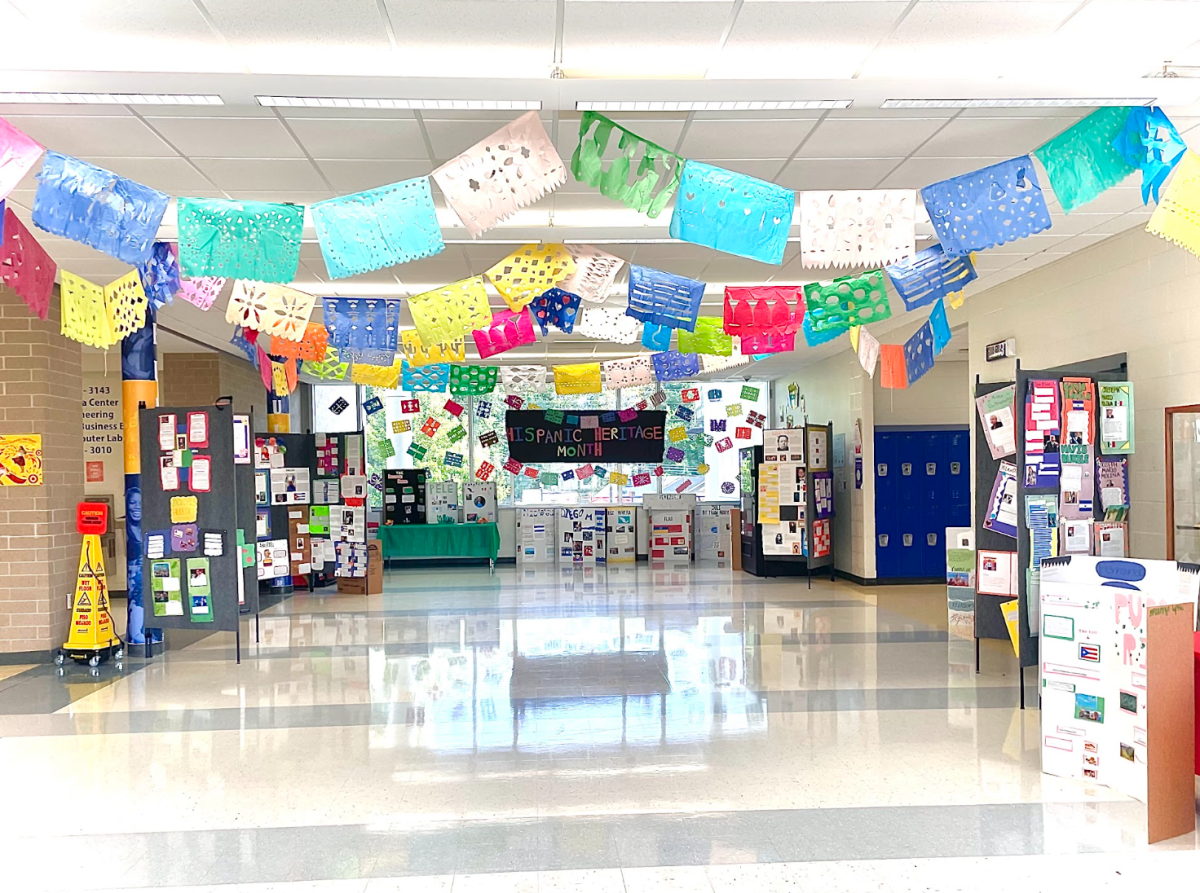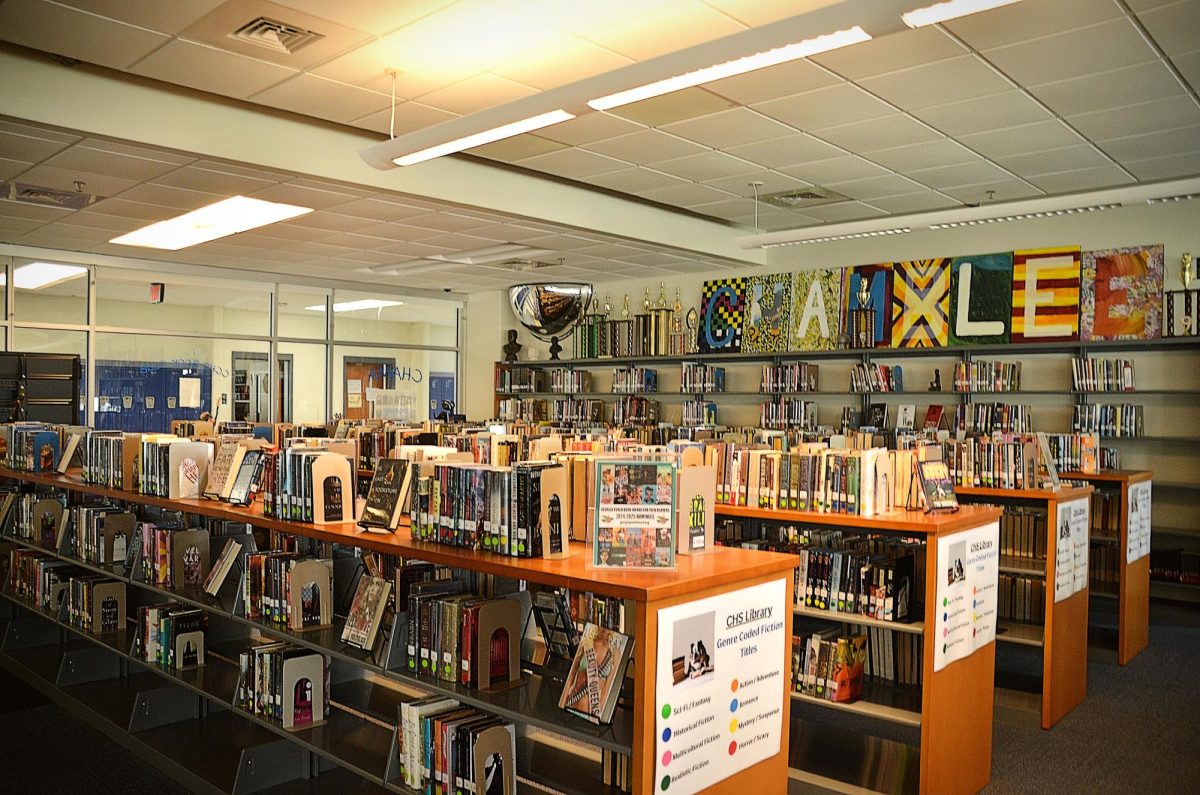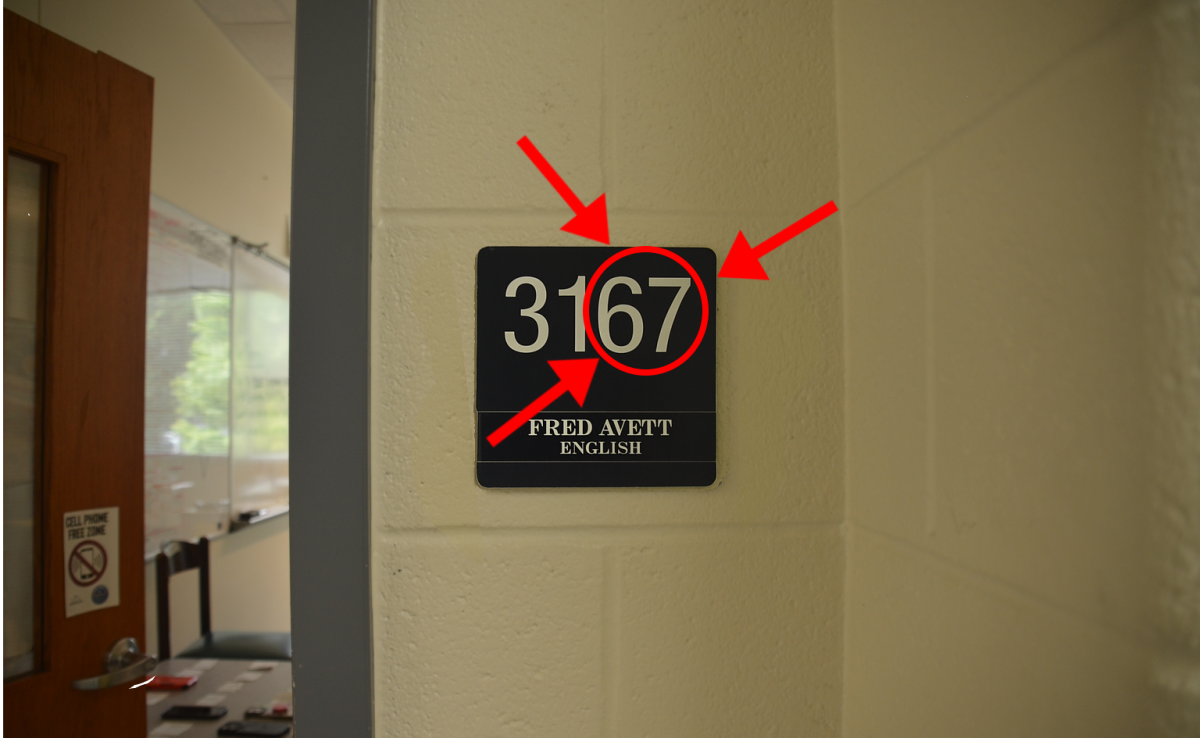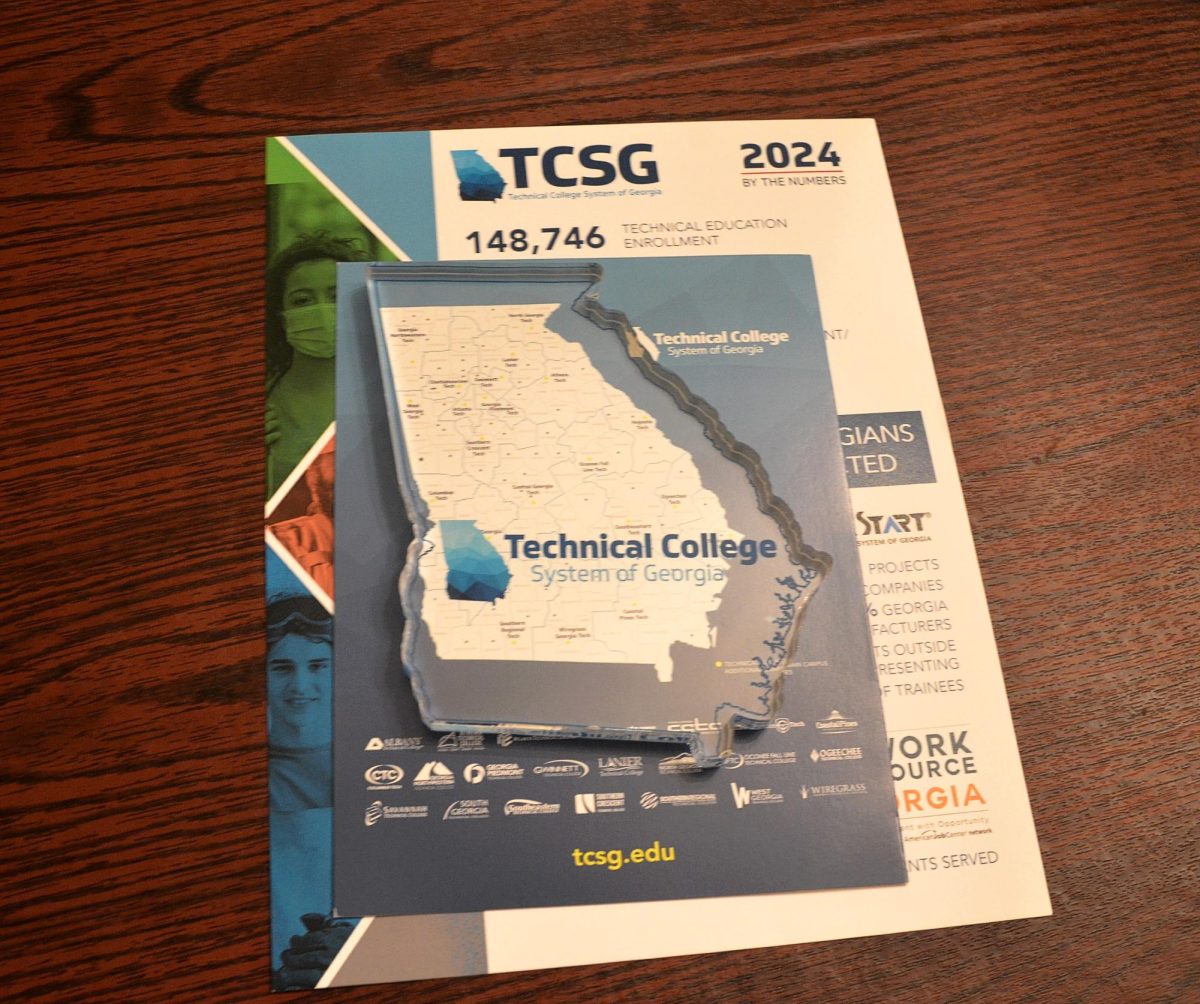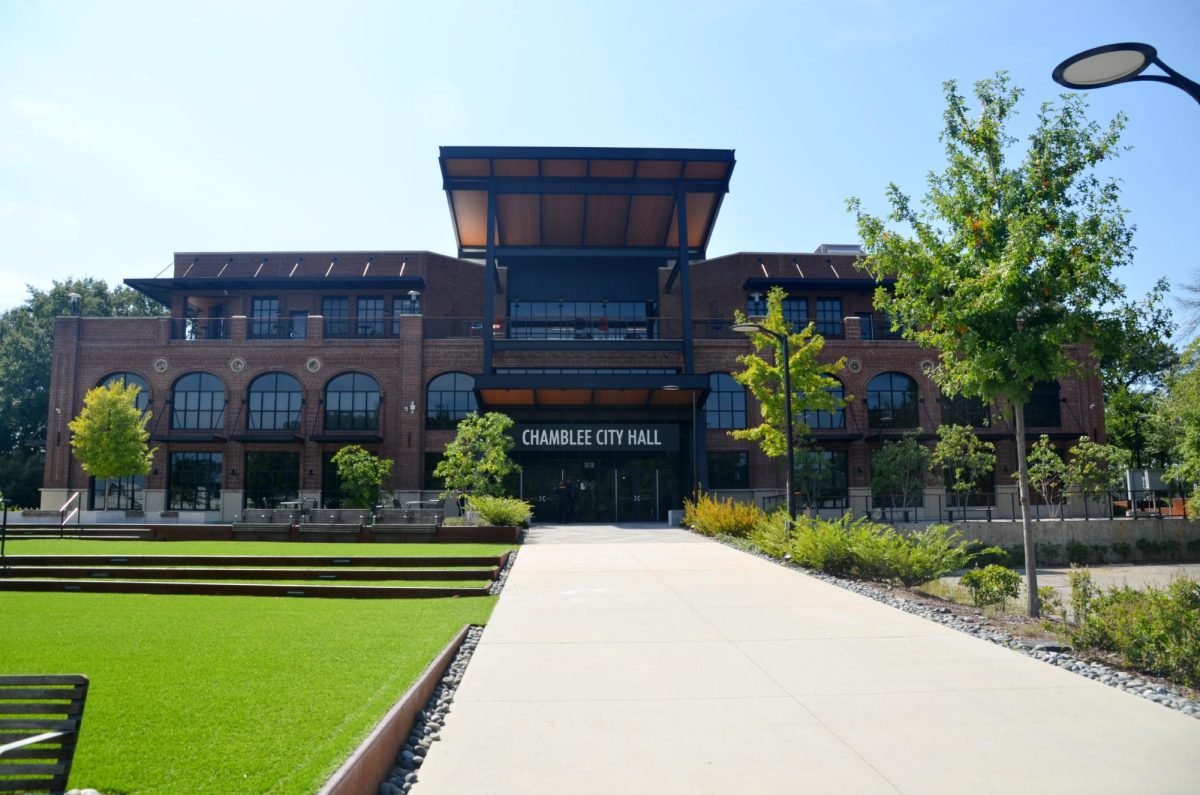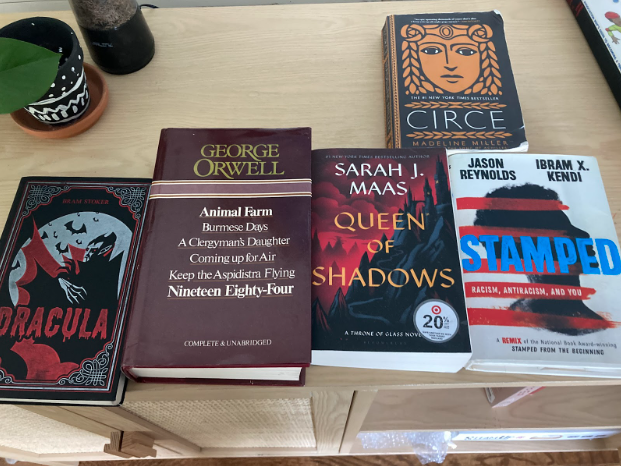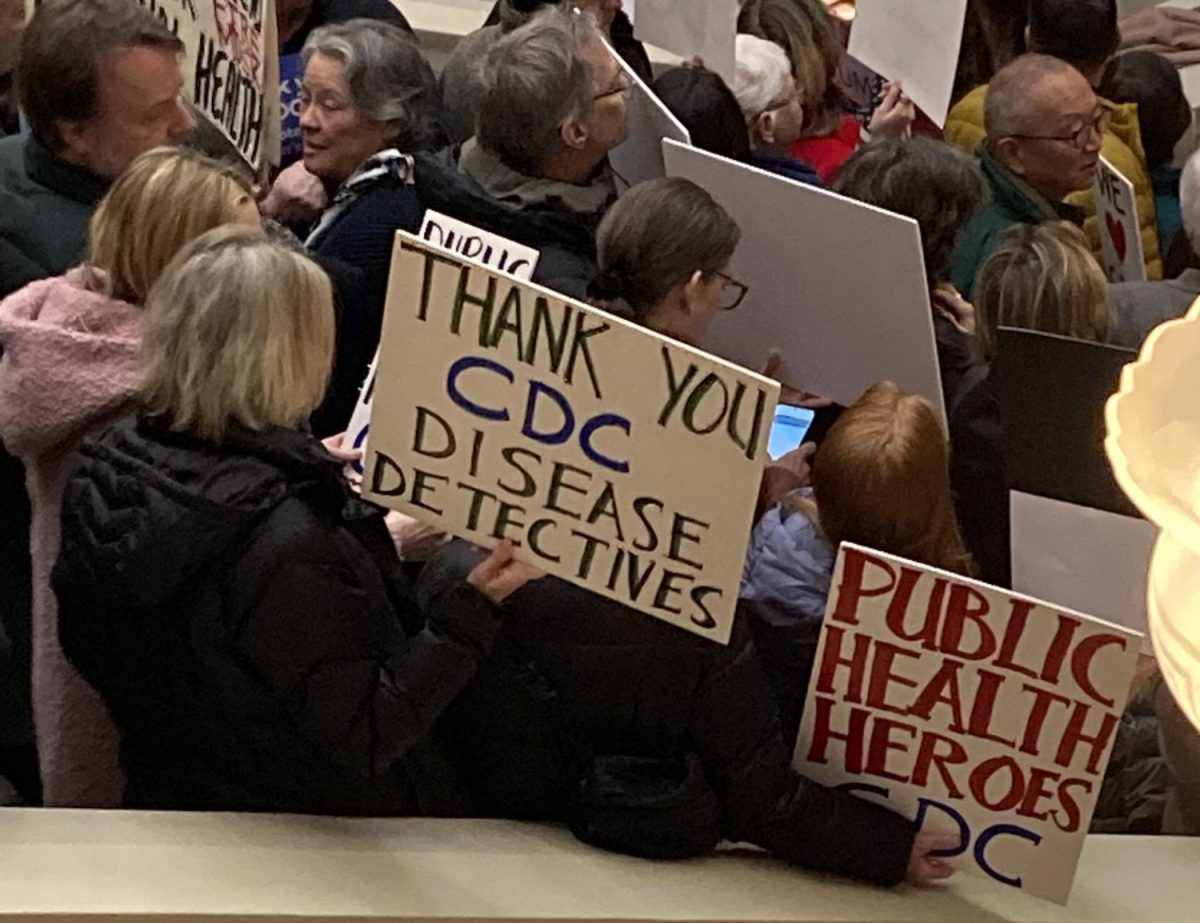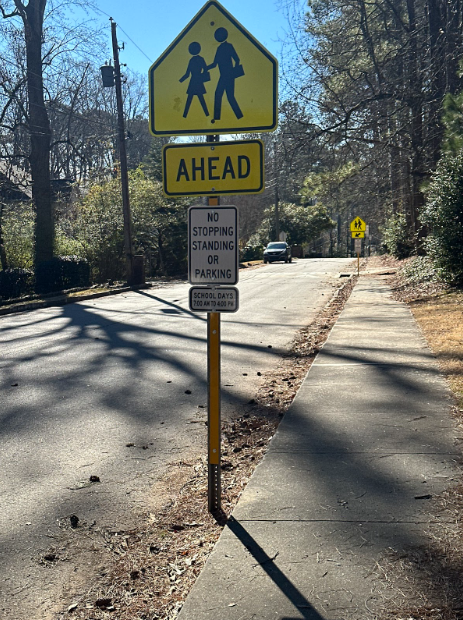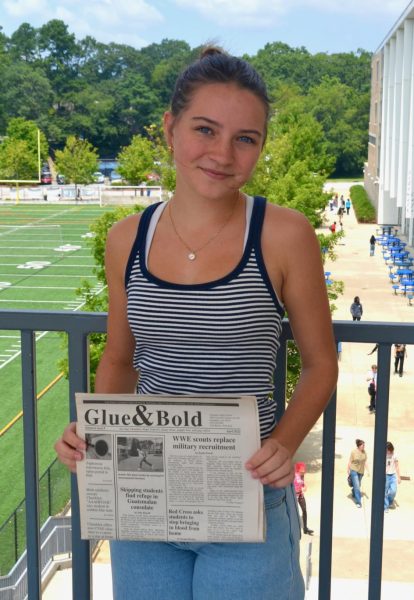To celebrate Hispanic Heritage Month (September 15th to October 15th) this year, Chamblee High has organized presentations to honor local Hispanic community members’ accomplishments throughout the month. Almost every day this month, a successful Hispanic speaker has come to give a speech in the school auditorium. Gina Rios, a Spanish teacher at Chamblee, helped organize the presentations.
“It’s good to expose Hispanic culture to the kids that are not Hispanic so that they can be able to understand our culture a little bit better too,” Rios said.
Although there are still more speakers to come, the presentations have been educational and entertaining so far.
“[The presentations have been] great. I have kids that are learning a lot of stuff that they never were exposed to,” Rios said.
These Hispanic speakers have been impactful to our Chamblee community by helping Hispanic students become more confident in their heritage.
“Having these role models is important because it makes kids proud to know where they’re coming from and where they’re trying to go,” said Rios.
In addition to the speakers for Hispanic Heritage month, there is a gallery walk on the third floor of the main building to credit many Hispanic people who have helped improve society.
“Right now, on the third floor we have a little gallery that we asked Ms. Barnes to expose and to take the students to walk around. [This is to] get to know a little bit more information about the Latinos that are in this country or their own country. [These people] are not necessarily famous, but they are people that did positive stuff in our culture,” said Rios.
Jennifer Livingston, a Latina, works at Columbia High School as a post-secondary transition specialist. She came to Chamblee to speak about growing up as a Latina, her journey to getting where she is now, and why Hispanic representation in schools is important to students.
“Chamblee High School is moving into a space where there’s more of a Latin culture. I think being able to come into a school building and being able to see someone that looks like you, speaks your language, understands the foods that you eat, and understands how your household runs culturally is important,” said Livingston.
Greater Hispanic representation in schools can not only create a more welcoming environment for students but can also impact students’ education.
“We need more representation from our Latino population. That way, schools like Chamblee that have a larger number of Latin students can have better pathways to education. [We need to] advocate for policy changes in schools too. Why would you fail a non-English-speaking student in a geometry class that’s only English-speaking?” said Livingston.
The students at Chamblee High School also believe the Hispanic Heritage Month presentations have helped advocate for the importance of representation throughout the school.
“I think they’re really important because they help us see different aspects of how people have grown up and their struggles in life and how they’ve also overcome those struggles. I just think the speakers have really inspiring stories and also shed light on different cultures, which is really important to our generation,” said Ella King (‘26).
Students also believe that it is important to be exposed to presentations from different people with different backgrounds because they can help give students more confidence to pursue their dreams no matter where they come from.
“I think the importance of [the presentations] is that they show that anyone of any background can do the jobs that these people are doing and that you shouldn’t give up on a passion or dream of yours just based on your looks and the way you have grown up,” said Ava Redick (‘26).
Livingston had a difficult childhood, and it was made harder for her to reach where she is now in her career.
“I grew up in an environment where there was an 85% poverty rate. There was a lot of gun violence and a lot of drug activity. Growing up, my father was incarcerated for 25 years. We didn’t have a father figure in the home. My mother was a single parent; she was a worker, which left us to be latchkey kids. So we kind of raised ourselves,” said Livingston.
However, instead of being negative about this struggle, Livingston looks at her situation in a more positive light.
“It gave us a sense of independence in some way, so I took the positive out of it. Throughout my life, with all of the trauma that I endured as a young person, I understood that I wanted to be a support person for the young people that I came in contact with. I started youth programs growing up, and I started to just hang out with young people and make sure that they were safe and that they felt understood. Then, I started a career in education, and I’ve been in education for over 15 years,” said Livingston.
Livingston has noticed that working in the education field comes with many struggles, specifically for students with less opportunities because of their family and background.
“One thing that I know about education is that they require so much education from you. We are required to have a master’s degree or a doctoral degree to actually stand out in your field and make a difference. There are people that actually do the work in the community, or they’ve lived the life that could offer a better outlook and a better outcome for students. They don’t hire those people because they have less access to education,” said Livingston.
She feels that it can be very difficult for students to stay motivated when they aren’t able to get the resources they need to have a clear pathway to success.
“We don’t get hired in those fields because we don’t have as much education as someone else who may have better access to education. We don’t actually get to perform those high-level duties and make drastic changes. We’re brought in to make change on a lower level with a smaller number of students that are students that no one else can control or wants,” said Livingston.
Livingston is grateful for the opportunity she received to work with students as she is now able to help them in ways she would have wanted someone to help her as a kid.
“I was so grateful because if there’s anything in the world that I want to do, it’s just really speak in front of a roomful of people and make sure young people have information that they may have not had access to,” said Livingston.
Livingston learns from her own past and her kids’ learning experiences to help others achieve their dreams.
“My career in education is so valuable to me because I want to encourage other kids just like I encourage my own kids. All of the information that I give to my kids, I always make sure that I give to other kids,” said Livingston.
Another speaker for the Hispanic Heritage Month presentations, Natalia Cardelino, also came to Chamblee to speak about her heritage and how it relates to her career and journey today.
“I was born in Montevideo, Uruguay, in 1972. I have a mom, dad, and two older brothers. There was a military dictatorship in Uruguay when I was born, and my family did not feel safe there, so we fled,” said Cardelino.
Becoming independent and successful in the United States was difficult for Cardelino because she wasn’t born a United States citizen.
“I didn’t become a U.S. citizen until I was 21 years old. I applied at 18, but it takes many years to get approved, sit the exam, and finally get sworn in. There were many jobs and scholarships I could not apply for since I wasn’t a citizen. That was the downside of not having been born in the United States,” said Cardelino.
Although being Hispanic in the United States came with its struggles, it also helped Cardelino with securing a job.
“On the other hand, speaking Spanish helped me get a job in Europe right out of college,” said Cardelino.
Cardelino looked up to her mother for advice and as a strong woman to take after.
“My mom [is my role model]. She moved to the United States in her late 20’s. She barely spoke English, only had a high school education, and was raising three kids. But still, she managed to get a college degree and eventually became a professor at Spelman teaching organic chemistry. She taught me that anything is possible, especially here in the U.S., and to never let people’s negative comments discourage you,” said Cardelino.
She has advice for every student looking to accomplish their dreams.
“You can do it!” said Cardelino. “Yes, it’s a lot of work, and you have to work hard. Yes, sometimes you have to deal with people who think you can’t do it and might say negative things to you. But never doubt yourself.”

